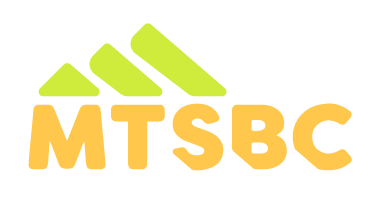Every pastor knows that his sermon is the overflow from his study. If only we could share with our congregations everything we get out of our sermon prep time! Much of that prep time never goes further than our own study desks, yet, without it, we wouldn’t fill our souls and minds with the truth and beauty in a Bible passage, and without that, the faithful Christians who come every Sunday, or most Sundays, anyway!, would be the poorer spiritually for it.
In a beautiful expression of love for God’s word, the prophet Jeremiah declared, “Your words were found, and I ate them, and your words became to me a joy and the delight of my heart, for I am called by Your name, O Lord, God of Hosts” (Jer. 15:16 ESV). This one verse sums up the crucial place God’s word holds in the believer’s life. Without the Bible, we would be left adrift, with no sure word from the Lord. Our souls would shrivel for lack of spiritual sustenance. Our minds would have no anchor and stay to keep us moored in truth.
Productive, effective sermon preparation, and Bible study in general, requires good study tools that get at the meaning and application of God’s word. With our busy schedules, it can help a lot if these tools are also fairly concise. Few, if any, of us have time to wade through paragraphs or even pages of commentary looking for the point the author is trying to make. We certainly don’t have time for commentaries and study tools that repeat what others have already said, sometimes more effectively. In other words, we have only so much time to study and we need for that time to be as productive as possible.
It can be overwhelming to go to the web and type in the name of a book of the Bible to find a commentary or guide to help us study the Bible. There are just so many resources out there anymore! That’s why I like what Dr. David Allen has done with his book Preaching Tools. This short 170-page book provides recommended commentaries for each book of the Bible. He covers the vast expanse of the decades, too, with recommendations as recent as 2016 all the way back to a few that have stood the test of time in the 19th and earlier centuries. Most of his recommendations, though, come from the period of the explosion of evangelical exposition in the mid-20th Century.
Dr. Allen even groups the commentaries into categories so you know exactly what kind of content to expect: Exegetical Commentaries, Expository Commentaries, Devotional Commentaries, and Special Studies. He also includes a list of homiletical resources for many of the books. In addition, Dr. Allen provides brief annotations about each commentary and resource that helps you know what to expect if you consult it. For example, one of the expository commentaries he recommends on Philippians is by Gordon Fee. He writes, “Fee is imminently readable and a good exegete. Good exegesis of the text here with detailed technical matters relegated to the footnotes. Very helpful to the pastor.” That’s the kind of information I need when I’m looking for a resource.
I highly recommend that you get a copy of this book. Just type into your search engine “Preaching Tools” and “David Allen” as the author, and it will come up. In the early days of the church, when the apostles were being pulled in too many directions, they had to decide what the church most needed from them. They decided they would “devote themselves to prayer and to the ministry of the word” (Acts 6:4). We would do well to follow their example. With so many other things that we must still do, however, we need to get more out of less time to do our Bible and sermon study. The right tools will make that task easier. This is an inexpensive tool that will help you make the most of the time you have.

